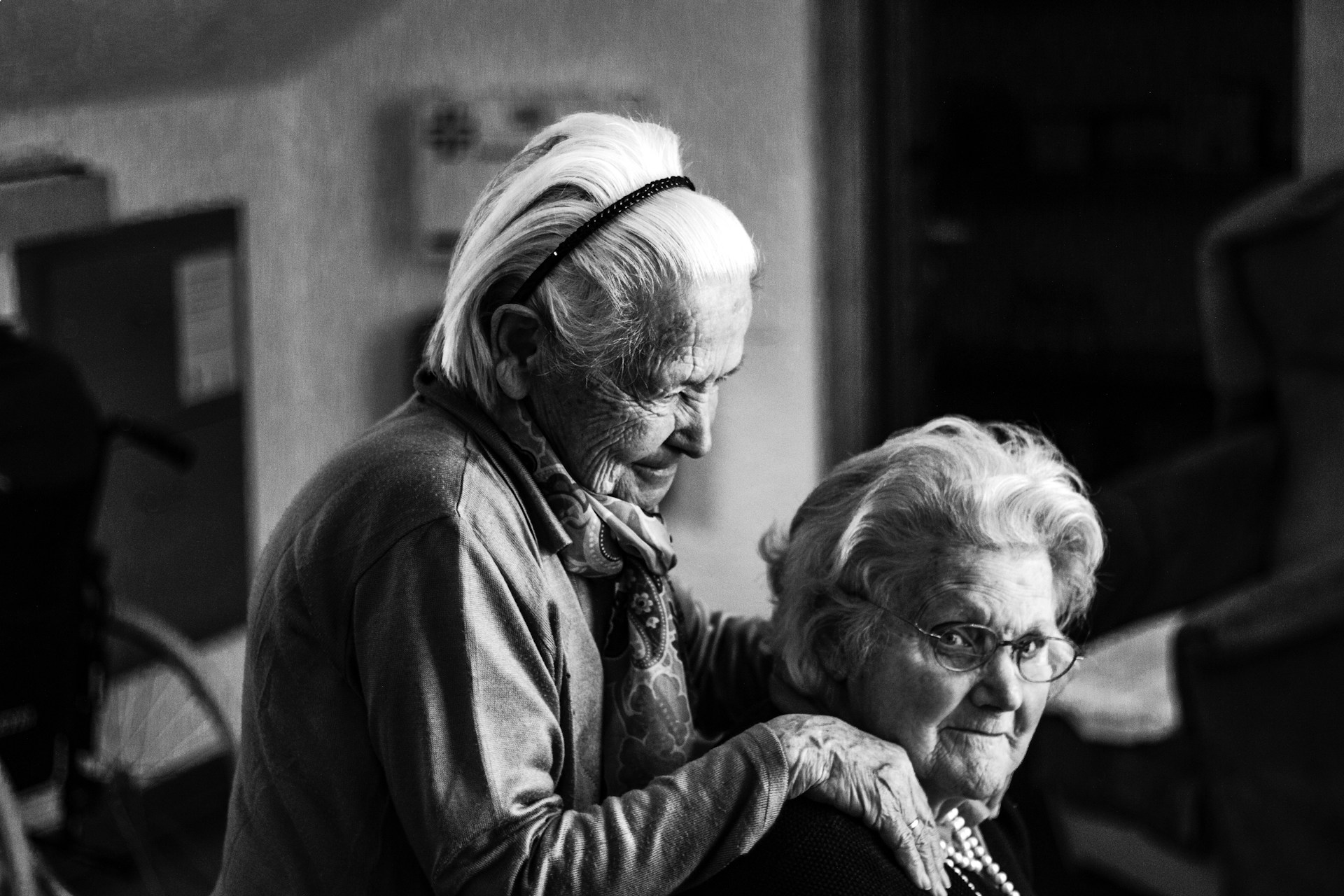Guardianship is a legal mechanism designed to protect individuals who are unable to care for themselves due to age, illness, or disability. In Florida, this role becomes particularly crucial when dealing with elderly residents in nursing homes, who are often at risk of abuse and neglect. The significance of guardianship in safeguarding these vulnerable seniors cannot be overstated, as it provides a legal advocate dedicated to ensuring their well-being and upholding their rights.
Nursing home abuse is a distressing reality that affects countless seniors across Florida. This abuse can manifest in various forms, including physical, emotional, and financial harm. Guardianship serves as a crucial barrier against such abuse, empowering guardians to monitor, report, and address any mistreatment, thereby ensuring that the elderly under their care are treated with the dignity and respect they deserve.

Legal Framework of Guardianship in Florida
Florida’s guardianship laws are designed to protect individuals who cannot make decisions for themselves. The process of appointing a guardian involves a court procedure where a judge evaluates the need for guardianship and appoints a suitable guardian to manage the personal and financial affairs of the incapacitated individual.
The responsibilities of a guardian in Florida are extensive, including:
- Making healthcare decisions
- Managing financial matters
- Ensuring the overall well-being of the ward
Guardians are required to act in the best interests of the ward, maintaining their dignity and promoting their welfare. This legal framework ensures that guardians are equipped with the authority and responsibility to protect their wards from abuse and neglect effectively.
Common Forms of Nursing Home Abuse and Neglect
Nursing home abuse can take many forms, each with devastating effects on the victim:
- Physical abuse: Use of force resulting in bodily injury, pain, or impairment
- Emotional abuse: Verbal assaults, threats, and harassment, leading to mental anguish and distress
- Financial abuse: Illegal or improper use of a senior’s funds, property, or assets
The signs of nursing home abuse can vary depending on the type of abuse:
- Physical signs: Unexplained bruises, fractures, or burns
- Emotional abuse: Sudden changes in mood or behavior
- Financial abuse: Unexplained withdrawals or changes in financial status
Recognizing these signs is crucial for guardians, as timely intervention can prevent further harm.
Statistics highlight the prevalence of nursing home abuse in Florida. According to the National Center on Elder Abuse, approximately 10% of elderly individuals experience some form of abuse. With Florida’s significant elderly population, this statistic underscores the urgent need for vigilant guardianship to protect vulnerable seniors.
Role of Guardians in Preventing and Addressing Abuse
Guardians play a pivotal role in preventing and addressing nursing home abuse by:
- Regularly visiting and monitoring the nursing home environment to ensure appropriate care
- Observing interactions between staff and residents, checking for signs of abuse, and reviewing medical and financial records
- Taking immediate action when abuse is suspected or identified, including reporting to authorities and initiating legal proceedings
In addition to reactive measures, guardians can adopt proactive strategies to prevent abuse:
- Selecting reputable nursing homes with a history of quality care
- Educating themselves and their wards about the signs of abuse
- Fostering open communication to ensure their wards feel safe and supported
Case Studies and Legal Precedents
Several case studies illustrate the critical role of guardians in combating nursing home abuse:
In one notable case in Florida, a guardian noticed unexplained bruises on their ward during a routine visit. After thorough investigation and reporting, it was revealed that the ward had been physically abused by a nursing home staff member. The guardian’s vigilance led to the staff member’s prosecution and the implementation of stricter oversight measures at the facility.
Legal precedents in Florida further underscore the importance of guardianship in protecting nursing home residents:
In one landmark case, the Florida Supreme Court ruled in favor of a guardian who had sued a nursing home for negligence, resulting in significant compensation for the victim. This case set a precedent for holding nursing homes accountable for failing to provide adequate care and protection for their residents.
These examples highlight the effectiveness of guardianship in both preventing and addressing nursing home abuse. By remaining vigilant and proactive, guardians can ensure the safety and well-being of their wards, while also contributing to broader efforts to improve the standards of care in nursing homes across Florida.
Contact Domnick Cunningham & Yaffa Today
Guardianship plays an indispensable role in protecting elderly residents from nursing home abuse in Florida. Through a combination of legal authority, vigilant oversight, and proactive intervention, guardians can safeguard the rights and welfare of vulnerable seniors. As the population of elderly individuals in Florida continues to grow, the importance of robust guardianship practices will only increase, ensuring that all seniors can live with dignity and security in their later years. For families and legal professionals involved in elder care, understanding and supporting the role of guardianship is crucial in the ongoing fight against nursing home abuse. Domnick Cunningham & Yaffa is committed to supporting guardians in this vital role and ensuring justice for those affected by nursing home abuse. Reach out to us at 561-516-5168 or book a consultation online to schedule a consultation and learn more about how we can assist you.
The post How Guardianship Can Play a Vital Role in Nursing Home Abuse Cases in Florida appeared first on Domnick Cunningham & Yaffa.




